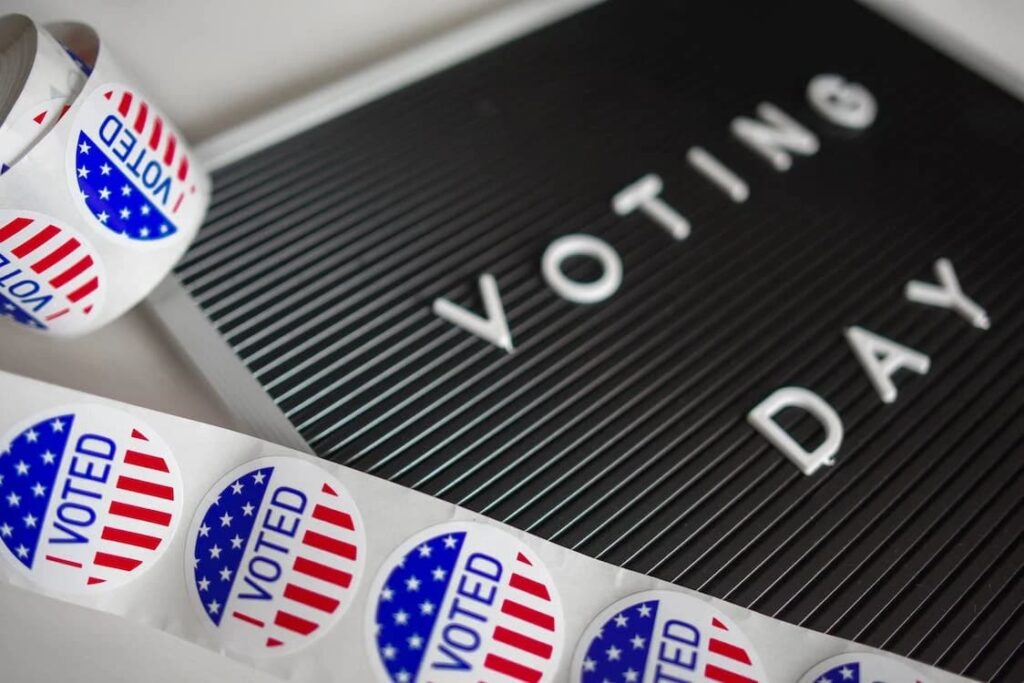In the fabric of American democracy, the right to fair elections stands as a cornerstone, embodying the essence of freedom and the principle of equal representation. This fundamental human right ensures that every citizen’s voice is heard, and their vote counts equally in the shaping of their government. However, the journey to uphold this right has been fraught with challenges, making it a focal point of national discourse. This article delves into the significance of fair elections as a human right in the United States, the obstacles faced in safeguarding this ideal, and the path forward in fortifying democracy.
The Foundation of Fair Elections
Fair elections encompass more than just the act of casting a vote; they represent a comprehensive framework built on transparency, accessibility, impartiality, and equality. This framework ensures that elections are conducted without bias, that every eligible citizen has the opportunity to vote, and that every vote is accurately counted and reported.
Historical Challenges and Progress
The United States’ history with elections is a testament to the country’s ongoing struggle and progress towards achieving truly fair and free elections. From the suffrage movements that fought for women’s right to vote to the Civil Rights Movement that tackled racial disenfranchisement, the nation has seen significant milestones in expanding electoral access and equality. The Voting Rights Act of 1965 stands as a monumental piece of legislation in this journey, aiming to eliminate legal barriers at the state and local levels that denied African Americans their right to vote.
Contemporary Issues in Electoral Fairness
Despite the progress, the quest for fair elections continues to encounter obstacles in various forms:
- Voter Suppression: Laws and practices that disproportionately affect minority communities, such as strict ID requirements, voter roll purges, and limited polling places, raise concerns about equitable access to voting.
- Gerrymandering: The manipulation of electoral district boundaries to favor one party over another undermines the principle of equal representation.
- Campaign Finance: The influence of money in politics, especially following the Supreme Court’s Citizens United decision, has sparked debates about the fairness of electoral competition.
- Election Security: In the digital age, protecting the integrity of elections from cyber threats and misinformation campaigns is paramount to maintaining public trust in the electoral process.
The Path Forward: Strengthening Electoral Integrity

Addressing these challenges requires a multifaceted approach, involving legislative action, judicial oversight, and civic engagement:
- Legislative Reforms: Enacting laws that expand voter access, such as automatic voter registration and mail-in voting, and that address campaign finance transparency can help level the electoral playing field.
- Judicial Vigilance: The courts play a crucial role in interpreting and enforcing the Constitution and election laws to protect voting rights and ensure fair electoral practices.
- Civic Participation: Engaged citizens are the backbone of democracy. Voter education, participation in the electoral process, and advocacy for fair election practices strengthen the foundation of democratic governance.
- Technology and Security: Investing in secure voting technology and infrastructure is essential to safeguard the electoral process against interference and ensure accurate vote counting.
Conclusion
The human right to fair elections is a pillar of American democracy, vital to the expression of individual freedom and the collective shaping of the nation’s future. While the United States has made significant strides in expanding and protecting this right, the journey is far from over. Continued vigilance, reform, and participation are necessary to overcome the challenges that threaten electoral fairness. As the nation moves forward, upholding the integrity of elections remains a critical endeavor for ensuring that democracy truly reflects the will of the people.
FAQs About Fair Elections in the United States
Q: What constitutes a fair election?
A: A fair election is characterized by processes that are transparent, inclusive, equitable, and free from manipulation or undue influence, ensuring that every eligible citizen can vote and that every vote counts equally.
Q: How can individuals contribute to fair elections?
A: Individuals can contribute by staying informed about election laws and candidates, participating in the voting process, volunteering as poll workers, and advocating for electoral reforms that promote fairness and accessibility.
Q: What role do non-governmental organizations play in promoting fair elections?
A: NGOs play a crucial role in monitoring elections, advocating for electoral reforms, educating voters, and challenging unjust practices through legal avenues, thereby contributing to the overall integrity of the electoral process.
The commitment to fair elections is a testament to the nation’s dedication to democratic principles. By addressing the challenges head-on and fostering an environment of transparency, inclusivity, and equality, the United States can continue to pave the way for a more just and democratic society.